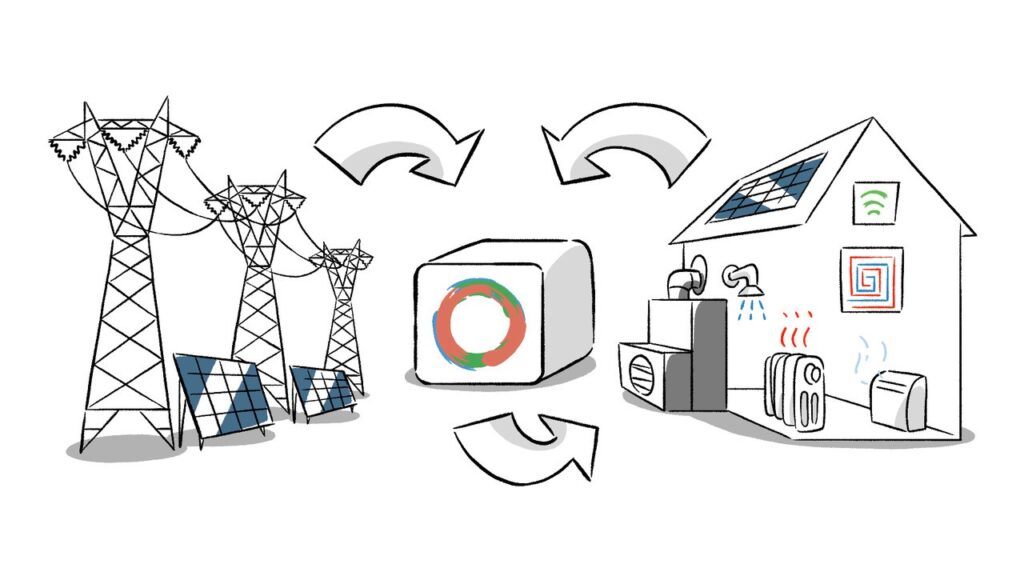Energy storage is one of the key factors to reach EU aims to be climate-neutral by 2050, with a net-zero greenhouse gas (GHG) emissions economy. The decarbonisation and the transition to clean energy sources, together with the improvement of the energy efficiency, will bring to a severe change in the employed energy systems. The potentialities of thermal energy storage (TES) systems, able to provide electricity load shifting by mean of energy conversion and storage, can help in developing flexible energy systems, managing the intrinsically intermittent nature of renewable energy sources. ECHO solutions will be flexible and adaptable to different end-user requests, in terms of charging (and discharging) power, dimension and types of energy sources.

The project’s goal is to develop and demonstrate novel modular, compact, high performances and Plug&Play thermal energy storage (TES) solutions for heating, cooling and domestic hot water (DWH) production, able to provide electricity load shifting with meaningful peak shaving of the thermal and electric load demands.
ECHO project will provide a key tool for thermal energy storage in the context of sector coupling and provision of flexibility of demand. ECHO system will be adapted to the different energetic scenarios. Additionally, its modularity will allow to use the concept in different scales, from small apartments to larger buildings.
The developed systems will be adaptable to different energy sources and user demands. They will be feasible to be charged directly by means of an internal heat pump, exploiting the electricity overproduction from the grid, or directly connecting to renewable energy sources installed in the building.
For further information, please click here: https://echo-euproject.eu/
 | Funded by the European Union. Views and opinions expressed are however those of the author(s) only and do not necessarily reflect those of the European Union or the European Climate Infrastructure and Environment Executive Agency (CINEA). Neither the European Union nor the granting authority can be held responsible for them. |



